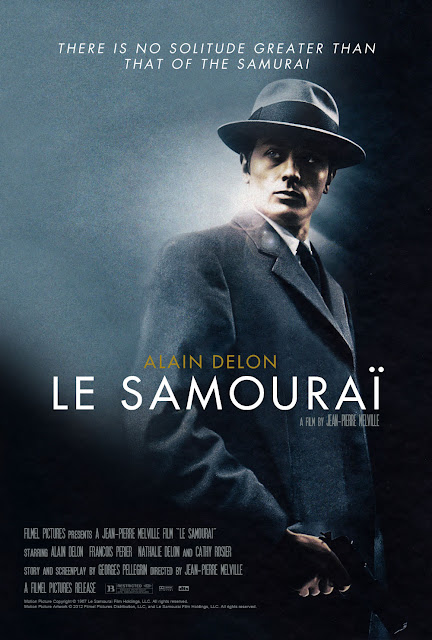☆ ☆ ☆ ☆
Ikarie XB-1 (1963) – J. Polák
This early ‘60s Czech
Sci-Fi movie about a mission to Alpha Centauri’s solar system is a clear
forerunner to Kubrick’s 2001: A Space Odyssey (1968). The screenplay was adapted from a novel by
Stanislaw Lem, who also wrote Solaris (filmed by Tarkovsky, 1972) and I had
high hopes that the film would broach some of the same metaphysical concerns as
those two masterpieces. It doesn’t quite -- but there is still an air of mystery
which resonates here and elevates the film beyond other space films of the era.
The story begins in 2163 with the spaceship (a virtual city with 40 astronauts)
in peril as it approaches its destination but soon we are in an extended
flashback to the beginning of the mission, allowing us to learn about the cause
of events as we move forward to the crisis and beyond. Similar to 2001/Solaris,
there is a special emphasis on human relationships – for example, one of the
crew discovers his wife is pregnant while saying goodbye (15 years of Earth
time but only 28 months for the astronauts) and learns at the same time that
another pregnant crew member has been allowed on the mission as an
experiment. This adds both tension and “human
interest” to the plot. We also see a romance blossom among two other crew
members (and a strangely long scene of dancing). Later, the Ikarie finds a
derelict vessel (shades of Alien?) and also encounters a “dark star” emitting
dangerous radiation. On top of this, there is some great Sixties design
happening – so retro (including a Robby the Robot styled companion who even the
characters in the film think is out-dated). Worth a look if you can track it
down.





